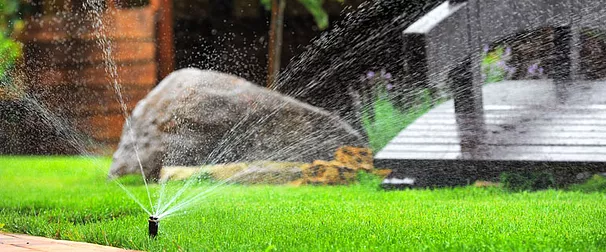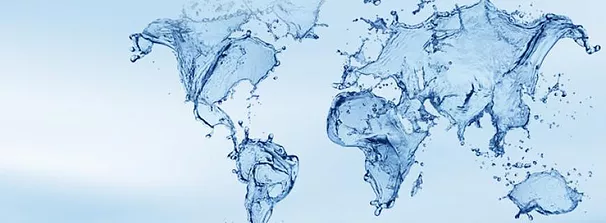
The idea behind the process is simple. Rainwater is collected when it falls on the earth, stored and utilized at a later point. It can be purified to make it into drinking water, used for daily applications and even utilized in large scale industries. In short, Rainwater harvesting is a process or technique of collecting, filtering, storing and using rainwater for irrigation and for various other purposes.
The best thing about rainwater is that it is free from pollutants as well as salts, minerals, and other natural and man-made contaminants. In areas where there is excess rainfall, the surplus rainwater can be used recharge ground water through artificial recharge techniques.
Rainwater Harvesting is one of the quickest and easiest ways for you reduce water consumption and become more efficient. By harvesting rainwater, you can cover up to 50% of a family’s typical household water usage – this translates into savings on bills whilst helping the environment.
- Easy to Maintain
- Reducing Water Bills
- Suitable for Irrigation
- Reduces Demand on Ground Water
- Reduces Floods and Soil Erosion
- Can be Used for Several Non-Drinking Purposes
Check out the full article to also learn about some challenges about rainwater harvesting:
https://www.conserve-energy-future.com/advantages_disadvantages_rainwater_harvesting.php








